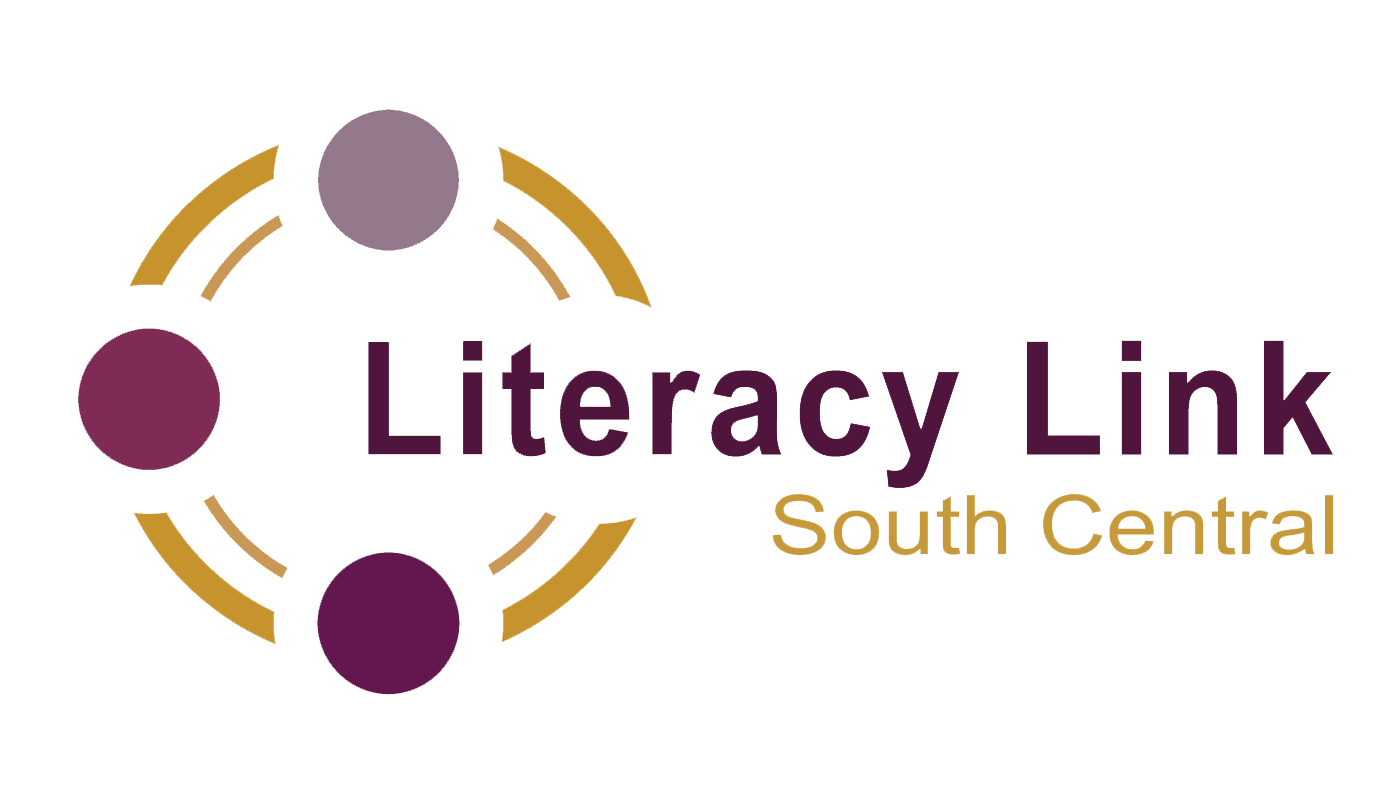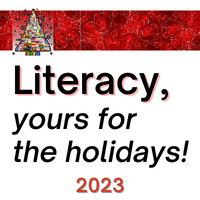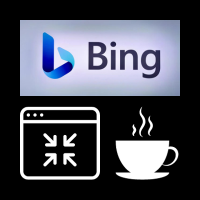Using AI in Literacy
Collecting educated opinions on the use of Artificial Intelligence in the field of Literacy

Here are the results of the written interview with two of LLSC’s Project Managers regarding the use of Artificial Intelligence in the field of Literacy.
Answers to interview questions were provided by Carolina Cohoon and Jeremy Marks.
Is AI a helpful tool in Literacy training?
Yes! (Strongly agree) Carolina and Jeremy
To learn more, check out these resources from Carolina and Jeremy:
- Combatting Deep Fakes in Generative AI (2024)
- En français: Combattre les hypertrucages dans l'IA générative (2024)
- Generative AI in Education (2024)
- En français: IA générative et éducation (2024)
Carolina:
There are several tools that use AI to measure the impact of teaching and learning in education. For example, the Center for Teaching and Learning offers guidance on understanding how AI tools can impact teaching and learning. They suggest several key teaching practices to help faculty, lecturers, academic teaching staff, and teaching assistants navigate these emerging technologies and remain on the leading edge of developing pedagogic strategies, course designs, and curricula that integrate and address emerging technologies and understandings in the science of learning [1].
Another example is Microsoft Teams for Education, which employs data analytics for faster results. Education Insights, a feature in Microsoft Teams for Education, uses data analytics to keep educators informed of learners’ engagement, learning progress, and well-being [2]. A wide range of built-in digital apps and tools allows teachers to interact with learners on the platform and gain an overview of how well they are progressing, both at the class and individual levels.
AI can also help educators analyze student performance and preferences data to create customized lesson plans and assessments that align with each learner's unique strengths and weaknesses. AI can also automate administrative tasks such as grading or developing rubrics for self- assessment. The possibilities and tools being developed with this technology do not only impact the education landscape but the labor market. Something I will be expanding on in the upcoming questions.
1. teachingcommons.stanford.edu
2. educationblog.microsoft.com
Jeremy:
Since AI is going to become ubiquitous, we cannot avoid using it as a learning tool. And since literacy training means helping learners adapt to the world around them for personal and professional reasons, AI poses a terrific opportunity for the instructor and learner to forge new partnerships together in the learning/instructional process. AI opens up new cognitive terrain in teaching and learning and should we embrace this, it will help both the instructor and learner grow.
What roles can AI play or assist with, in Literacy?
Name as many as you can think of. (Example: research)
Carolina:
Research: AI can help educators and researchers to analyze large amounts of data to identify patterns and trends in literacy development.
Personalization: AI can help to create personalized learning experiences for learners by analyzing their performance and preferences data to create customized lesson plans and assessments that align with each learner’s unique strengths and weaknesses.
Assessment: AI can help educators to assess learner's progress and provide feedback in real-time, allowing for more targeted instruction and support.
Adaptive Learning: AI can help to create adaptive learning environments that adjust the difficulty level of content based on learner's performance, allowing for more personalized and effective learning experiences.
Tutoring: AI-powered tutoring systems can provide learners with personalized instruction and support, helping them to develop their literacy skills at their own pace.
Language Learning: AI can help language learners to develop their skills by providing personalized instruction, feedback, and practice opportunities.
unesco.org
aiunplugged.lmc.gatech.edu
Jeremy:
- Research
- Metacognition
- Question facilitation
- Critical thinking
- Fact-checking
- Grammar
- Digital skills development
- Lesson planning
- Presentation planning
- Financial skills
What is the best example you have where AI improved an outcome in Literacy training/accessibility?
Carolina:
AI can support communication between LBS instructors and adult learners in a number of ways. For example, AI-powered chatbots can serve as virtual assistants for instructors, helping to manage and streamline communication with learners. The chatbots can be set up to send updates, reminders, and notifications, reducing the need for manual follow-ups.
With Chat GPT you can generate a quiz in a blink of an eye. once the quiz is generated and you check all the info is accurate, you can export it to Microsoft Forms. Once your learners submit their answers, they (and you) will get their results instantly, saving you hours of marking throughout the year. It also works with Diffit https://beta.diffit.me/#topic which helps you generate a quiz with Google forms or Microsoft forms. Both Google and Microsoft forms can improve the accessibility of information as their coding supports screen readers.
Software like TOME https://tome.app can also automatically create a PowerPoint and the images (prompts) are automatically beautifully described enhancing the access to people who are Blind or low vision.
Jeremy:
I don't have (an example of this) yet, so I admit my thoughts are speculative at this point.
What are the limitations of AI in regards to Literacy?
Carolina:
Cultural and linguistic context: AI language translation tools may not accurately capture the nuances of a particular dialect or slang, which can result in miscommunication or confusion.
Bias: AI systems are only as good as the data they are trained on. If the training data is biased, the AI system will also be biased. This can result in inaccurate or unfair outcomes spreading misinformation.
Cost: The cost of implementing AI solutions may be high, which can limit their accessibility and use in certain settings. For example. Microsoft announced that Microsoft 365 CoPilot will be priced at $30 USD per user per month. https://blogs.microsoft.com/blog/2023/07/18/furthering-our-ai-ambitions-announcing-bing-chat-enterprise-and-microsoft-365-copilot-pricing/
Accuracy over time: Could AI systems degrade over time? This may result in decreased performance and accuracy.
Jeremy:
There is always the risk of embracing AI without understanding how it works and what our learning and critical thinking relationship with it needs to be. It is not an all-knowing resource.
Carolina and Jeremy have developed a tip sheet for detecting Generative AI. >> Take a look!
Now back to the interview...
Is there any situation in which AI can be harmful and should be avoided in regards to Literacy?
Carolina:
Sadly, there are situations in which AI may be harmful and should be avoided in regards to literacy. For example, if the AI system is trained on biased data, it may produce biased results that can perpetuate harmful stereotypes or misinformation. As mentioned above, AI systems may not always be able to fully understand the cultural or linguistic context of learners, which can lead to inaccurate or incomplete learning experiences.
It's important to carefully evaluate the use of AI in literacy education and ensure that it is used in a responsible and ethical manner. This includes ensuring that the data used to train AI systems is unbiased and representative, and that the AI system is transparent and accountable.
Jeremy:
I think it is unwise to expect learners to use it independently and without any guidance.
What do you think will be the next big development or hot topic in AI?
Carolina:
According to Forbes, some of the biggest trends in AI for 2022 and 2023 include the ongoing democratization of AI, where AI functionality is becoming more accessible to everyone regardless of their level of technical skill. This is being achieved through the development of apps that put AI functionality at the fingertips of anyone, as well as the growing number of no-code and low-code platforms that enable just about anyone to create, test, and deploy AI-powered solutions using simple drag-and-drop or wizard-based interfaces.
Another trend is the augmented workforce, where machines with smart and cognitive functionality are being used to boost human abilities and skills. This is already happening in many industries, where AI tools are being used to help with tasks such as predictive maintenance, lead generation, and data analysis.
Personally, I feel the next big development in AI will be its continued integration into all aspects of our lives! What you find today, may be improved tomorrow. Catching up with all these developments has proven tricky for me. Within a blink of an eye, something has been developed, improved, or becomes outdated.
Jeremy:
Singularity: when the machines can think for themselves without human interaction or input.
What is the main thing you'd like people reading the blog to take with them from this article?
Carolina:
AI has the potential to revolutionize education and improve accessibility for people with disabilities. It can also help personalize learning experiences, assess learners progress, create adaptive learning environments, and provide tutoring and language learning support. However, there are also barriers associated with using AI in education, including managing bias, prioritizing accessible code, and addressing ethical considerations. Seeing AI as a tool rather than a threat will help us prioritize, evaluate the use of AI in education, and ensure that it is used in a responsible and ethical manner.
We have a responsibility to equip our learners with the knowledge and skills they need to thrive in a rapidly changing economy and workforce, and to understand the impact of AI on their lives. Being an informed member of society means having a basic understanding of AI, regardless of one’s chosen career path.
To meet these needs, all educational programs must have access to basic AI tools and training. However, the reality is that many underserved programs in low-income areas lack the resources, skills, and confidence to guide their learners through an AI-powered world. If this trend continues, AI will only exacerbate existing inequalities.
It is therefore crucial for educators and decision-makers to carefully develop a plan to ensure that more people have equal opportunities in the AI space. This means exploring ways to provide access to AI tools and training for underserved programs and communities.
Jeremy:
I want people to understand that AI is a partnership (at this point) between the bot and the user. In other words, readers should think of AI as a research partner, a colleague rather than a "master" or savant. The more we interact it with it, the better we become at learning the limitations and strengths of technology. This will help us map our own thinking in relation to AI and discover new ways to interact with it, adapt the software to our purposes, and grow our understanding of how we ask questions and conceptually approach problems in learning and teaching.
~
A big thank you to Carolina Cohoot and Jeremy Marks for taking the time to answer these questions and enlighten us on the use of Artificial Intelligence and the field of Literacy!
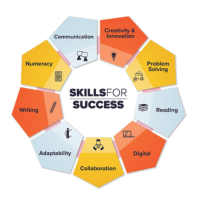

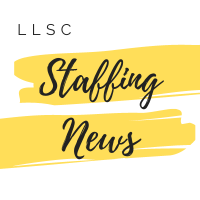


Contact Info
Copyright © 2024 Literacy Link South Central
LLSC does not take responsibility for content or accuracy of information contained on other websites.
